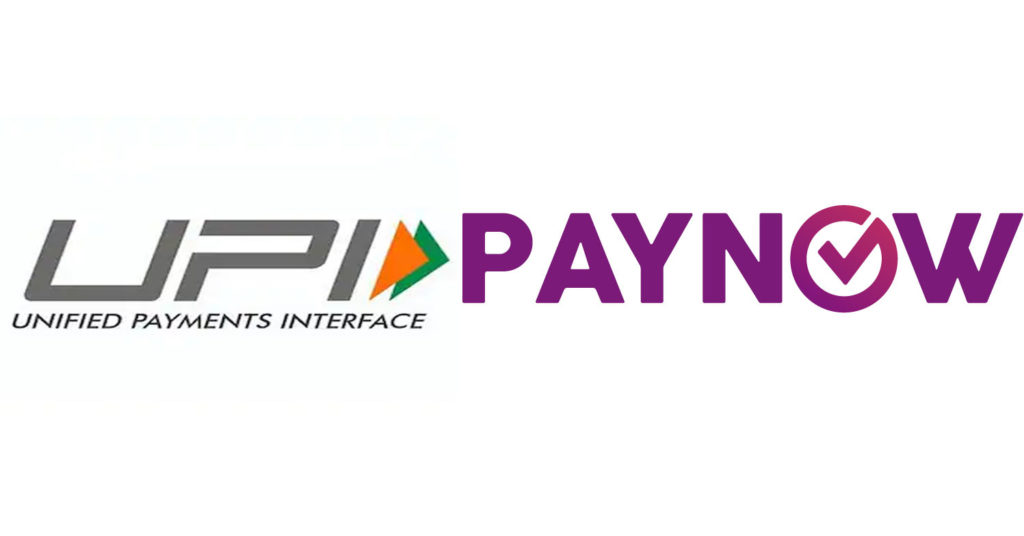
In order to facilitate quicker remittances between the two nations at a competitive cost, Singapore’s PayNow network and India’s Unified Payments Interface (UPI), which has made it possible for speedy digital payments through applications, were connected. In the presence of the prime ministers of both nations, the new partnership was announced by the governor of the Reserve Bank of India, Shaktikanta Das, and the managing director of the Monetary Authority of Singapore (MAS), Ravi Menon. With the use of PayNow and the Unified Payments Interface (UPI), people of Singapore and India can now send money to each other immediately.
What is UPI And Pay Now ?
The Unified Payments Interface (UPI) is India’s mobile-based fast payment system that allows customers to make round-the-clock payments instantly by using a Virtual Payment Address (VPA) that they create. It eliminates the risk of the remitter sharing bank account information. UPI allows users to send and receive money and supports both person-to-person (P2P) and person-to-merchant (P2M) payments.
In Singapore, PayNow is a quick payment system. It enables peer-to-peer funds transfer services, which are available to retail customers in Singapore through participating banks and non-bank financial institutions. It enables users to send and receive instant funds in Singapore from one bank or e-wallet account to another using only their mobile number, Singapore National Registration Identity Card, or /Foreign Identification Number.
What is UPI and Pay Now integration?
In general, cross-border retail payments are less transparent and more expensive than domestic transactions. The UPI-PayNow integration is a significant step forward in the development of infrastructure for cross-border payments between India and Singapore, and it is closely aligned with the G20’s financial inclusion priorities of promoting faster, cheaper, and more transparent cross-border payments.
How is this beneficial?
This linkage comes with a lot of benefits for both the countries and its people.
Ease of transfer: Once in place, fund transfers from India to Singapore can be made using mobile phone numbers, and vice versa using UPI virtual payment addresses.
Benefit to Indian diaspora: The project is expected to greatly benefit the Indian diaspora in Singapore, particularly migrant workers and students, by allowing faster and more cost-effective funds transfers between the two countries without the requirement of joining the other payment system. According to the RBI Remittance Survey 2021, Singapore is one of India’s top four inward remittances markets. According to the Ministry of External Affairs (MEA) document Population of Overseas Indians (2022), there are approximately 6.5 lakh Indians in Singapore, including non-resident Indians and persons of Indian origin.
Reduction of transfer cost: Sopnendu Mohanty, chief fintech officer at the Monetary Authority of Singapore (MAS), stated on the sidelines of the G20 First Working Group meeting on financial inclusion in Kolkata that the integration of the system will reduce the cost of sending remittances by up to 10%.
Reduction of inefficiency: The PayNow-UPI linkage will directly benefit individuals and businesses in Singapore and India that rely on this mode of payment by lowering the cost and inefficiencies of remittances between the two countries.
Comprehensive Digital Connectivity: Given that PayNow and UPI are integral components of their respective national digital infrastructures, the link between the two systems paves the way for the two countries to establish more comprehensive digital connectivity and interoperability.
Next-generation infrastructure: According to the RBI, the connection will be a significant step forward in the development of next-generation infrastructure for cross-border payments between India and Singapore.
G20’s financial inclusion priorities; It will also closely align with the G20’s financial inclusion priorities of making cross-border payments faster, cheaper, and more transparent.
Benefit to Citizens of both countries : The UPI-PayNow integration will allow users of both fast payment systems to make reciprocal instant, low-cost fund transfers without having to join the other payment system.
The start of process
To begin, this cross-border payment system will be enabled by eight financial institutions. State Bank of India, Indian Overseas Bank, Indian Bank, and ICICI Bank will facilitate both inward and outward remittances for Indian users, while Axis Bank and DBS India will facilitate only inward remittances. The service will be available in Singapore through DBS-Singapore and Liquid Group, a non-bank financial institution. The interconnection of UPI and PayNow is expected to expand to include more banks and financial institutions.
Through the UPI-PayNow interlinkage, account holders of the aforementioned banks and financial institutions will be able to conduct cross-border remittance transactions. Currently, the daily transaction limit for cross-border remittance transactions via the UPI-PayNow interlinkage is Rs 60,000 per day, or approximately $1,000 Singapore Dollar (SGD), and is limited to person-to-person (P2P) remittances for the purposes of “maintenance of relatives abroad” and “gifting.”
Overall, this linkage is revolutionary step towards cross border monetary transactions.




More Blogs
India Australia Trade Agreement – An Analysis !
5G & Impact On Business
Global Meltdown – An Analysis